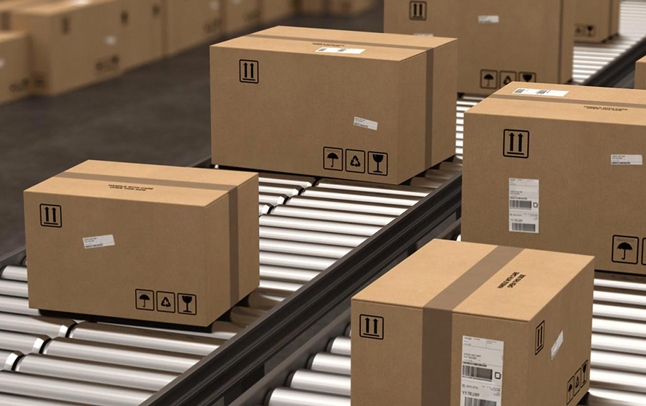

At Nitrol, we pride ourselves on our ability to fully customize our product offerings to meet the unique needs of each customer and market. From formulating the oil's composition to designing tailored containers and labels, as well as adjusting packaging dimensions, we ensure that every detail aligns with your specifications.
Our diverse team operates with agility, allowing us to quickly develop and implement the solutions you require. With strong partnerships with logistics providers, we efficiently deliver our products to every corner of the globe.
We are dedicated to leveraging our extensive expertise and knowledge throughout the entire process. Our commitment remains steadfast as we assist you in packaging, distribution, and marketing, ensuring a seamless experience from start to finish. Let's work together to craft a solution that truly reflects your vision.
We specialize in providing tailored solutions for blenders and distributors by offering ready-to-use, semi-finished mixtures of base oils and additives. Our service allows clients to order any volume, from bulk quantities to smaller amounts, ensuring flexibility for their specific needs. Deliveries can be made directly to blending facilities or to any preferred location, resulting in significant cost savings.
Our products are packaged in a variety of options, including conventional drums and barrels, ISO-tank containers, flexi-tanks, IBCs, and suitable carton packaging. This ensures we meet diverse logistical requirements while maintaining the highest quality.


Inspecting oil is a crucial step in assessing the condition and efficiency of lubricants, as well as the machinery or equipment they are utilized in. At Nitrol, we analyze oil in our laboratory to evaluate its properties and characteristics. This guarantees that industry norms are fulfilled, detects problems, and aids in averting equipment malfunctions and cutting down maintenance expenses through predictive methods. The following are key components of oil analysis in the oils and lubricants industry.
Sampling and Testing : It is crucial to use proper sampling techniques to guarantee the precision of oil analysis results. It is important to collect samples from different locations in the lubrication system and conduct testing using dependable and consistent techniques.
Quality Control : Oil analysis is utilized for quality monitoring and assessing oil or lubricant purity. It ensures the oil meets set standards and is contaminant-free to avoid impacting machinery performance.
Oil analysis plays a crucial role in predictive maintenance strategies. Identifying potential issues ahead of time allows for maintenance to be planned in order to avoid expensive repairs and periods of inactivity.
Viscosity Analysis : Viscosity is an essential characteristic of lubricants. Oil analysis evaluates the viscosity to confirm it is within the suggested range. Variations may result in insufficient lubrication.
Chemicals Analysis : Chemical analysis examines the chemical makeup of the oil, including any additives. This ensures the oil retains its intended characteristics as time passes.
Detection of contaminants is essential for recognizing and measuring impurities in the oil, including dirt, water, and metals. Elevated levels of pollutants may result in harm to machinery and decreased lubrication efficacy.
Wear Particles Analysis : Typically, oil analysis involves inspecting wear particles present in the lubricant. These particles can offer understanding about the state of the machinery, aiding in detecting unusual signs of wear or possible malfunctions.